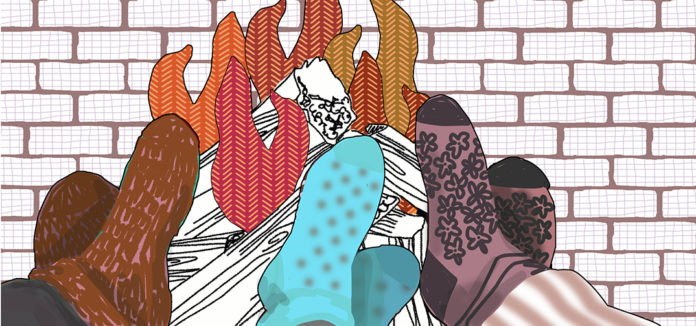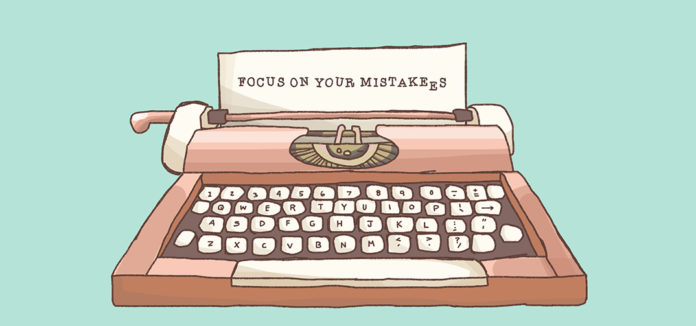It is said that home is a feeling, not a place. But for many of us, the house we grew up in occupies sacred ground in our hearts. No matter how old we are or how many miles away we live, it still feels like home. We may feel “at home” in a number of different places but only a handful have the distinction of being home.
Whenever I visit my parent’s old house in the city, where my father now lives with my stepmother, the instinctive feeling of being truly home washes over me. Before I walk through the doorway, I know I have arrived. Even if I were blindfolded, I could identify the distinctive sound of the gravel as the car rolls into the driveway. From basement to attic, I know every nook and cranny. In an ever-changing world, the familiar smell, the unique creak of the cupboards, and the eternal cracks in the wooden floor have all reassuringly remained the same. The house is a psychological haven for me — where the stress of adult life melts away and I am inspired by a feeling of being a kid again. Nostalgia? Sure, but it’s more than that. It provides a sense of identity and also reminds me of how far I have come.
We have a powerful connection to the places that shaped us, and research is beginning to gain a deeper understanding of the visceral and intangible feeling that these special places evoke. Using fMRI brain technology, researchers found that key areas of emotional processing in the brain are activated by places that participants had strong emotional ties to. Related research supported that meaningful places induce a sense of calmness and belonging. Fond memories and shared experiences with family and friends contribute significantly to why these places make us feel complete. These findings shed light on the magnetic pull our childhood homes have on so many of us and why we love going home for the holidays.
There is a flipside. While some love the idea of being with family during the holidays, not everyone feels warm and fuzzy about it. Past grievances, painful memories and diverging political opinions are among the many reasons this time of year can be stressful. To minimize friction, spend as much time as you can gathered around the fireplace. Research by anthropologist Polly Wiessner shows that once our ancestors learned to control fire, in addition to using it for cooking, they began to use it for storytelling as well. By extending the day, fire allowed people to unleash their imaginations and engage others with stories which, in turn, fostered deeper social connections.
According to Wiessner, “Stories told by firelight put listeners on the same emotional wavelength and elicited understanding, trust, and sympathy.”
A place full of understanding, trust, and sympathy… Sounds like home to me.
This post originally appeared on Tory Burch.
I wish you all the best,
Dr. Samantha Boardman







